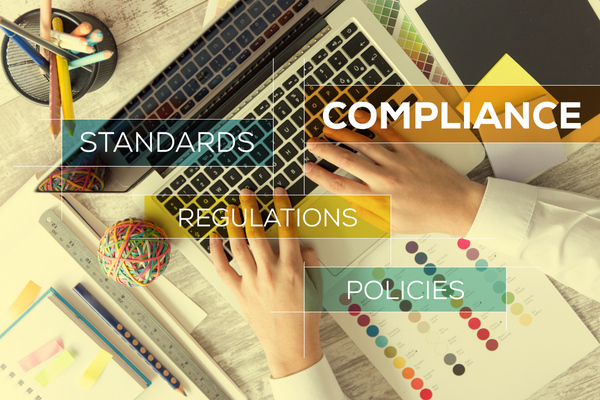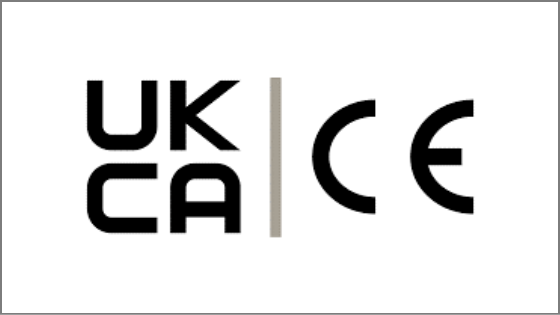Compliance updates: China’s new standards, PFA bans in US, South Korea’s packaging
Compliance updates: China’s new standards, PFA bans in US, South Korea’s packaging At Ithos, we constantly monitor new cosmetic compliance trends and regulations around…






